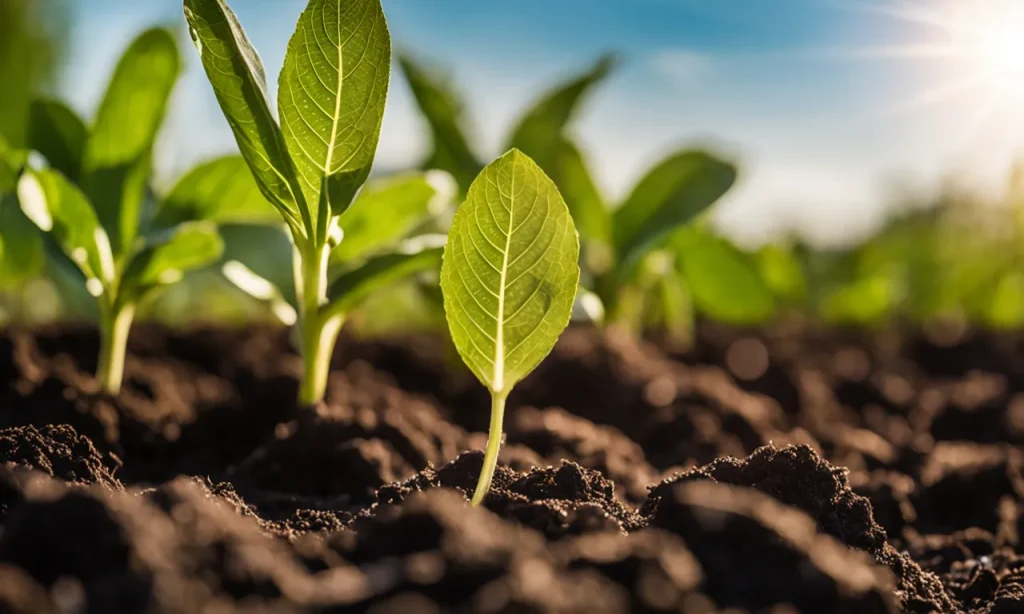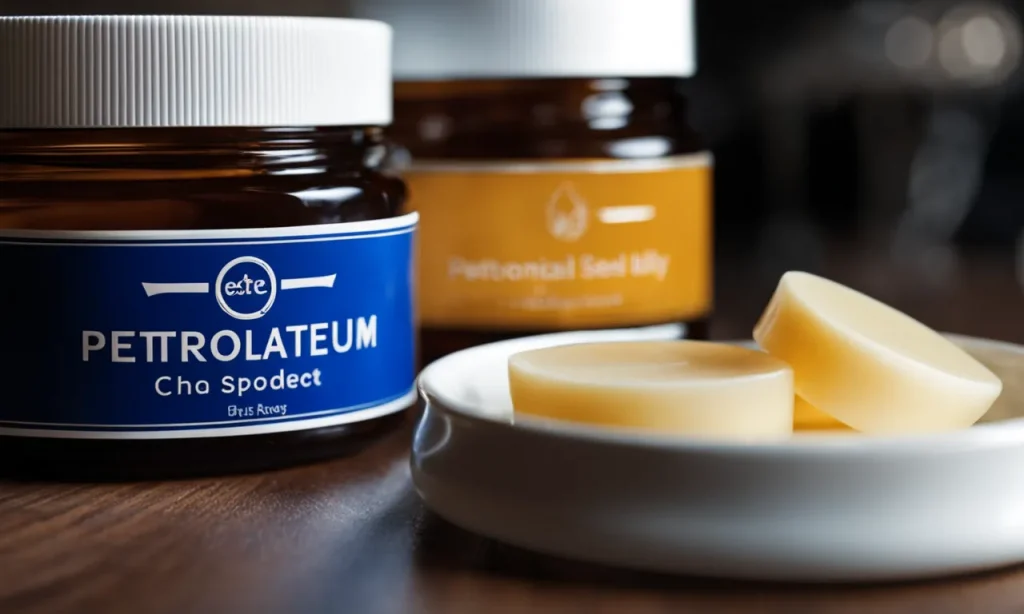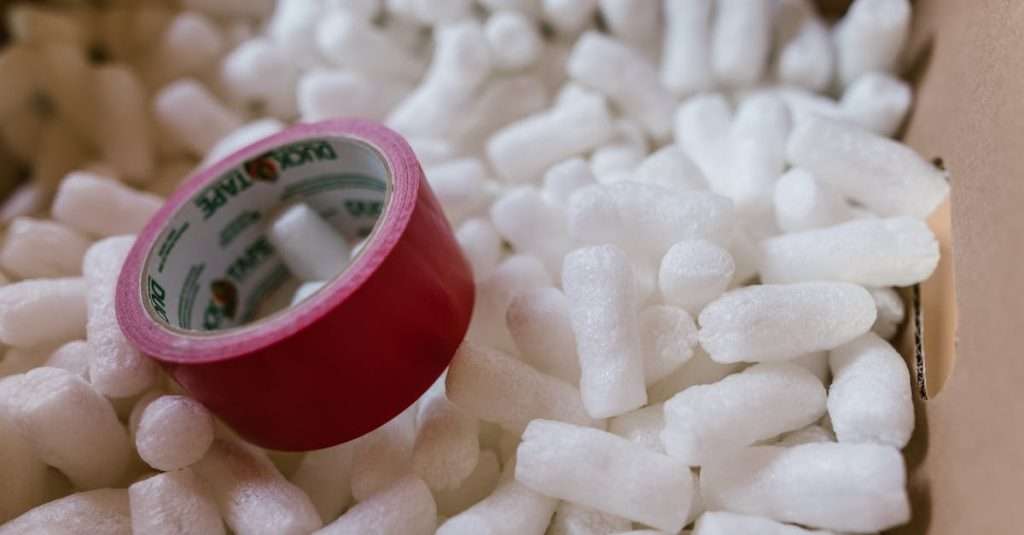Why Is Organic Matter Important In Soil?
Soil health and quality are vital for successful gardening and agriculture. One of the most important components of healthy, fertile soil is organic matter. If you’re short on time, here’s a quick answer to your question: Organic matter improves soil structure, retains moisture, supports soil microbes and nutrients for plant growth, and prevents erosion. In […]









